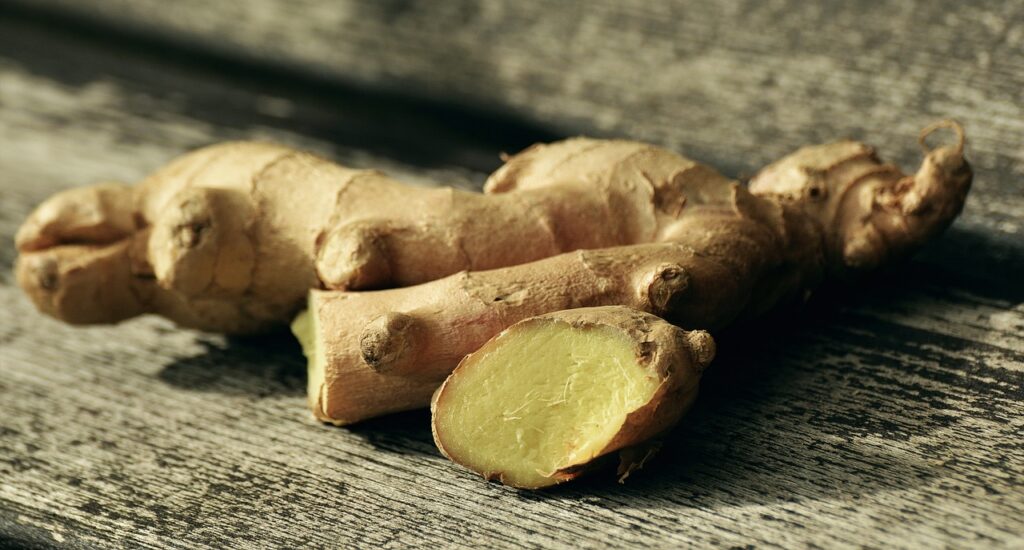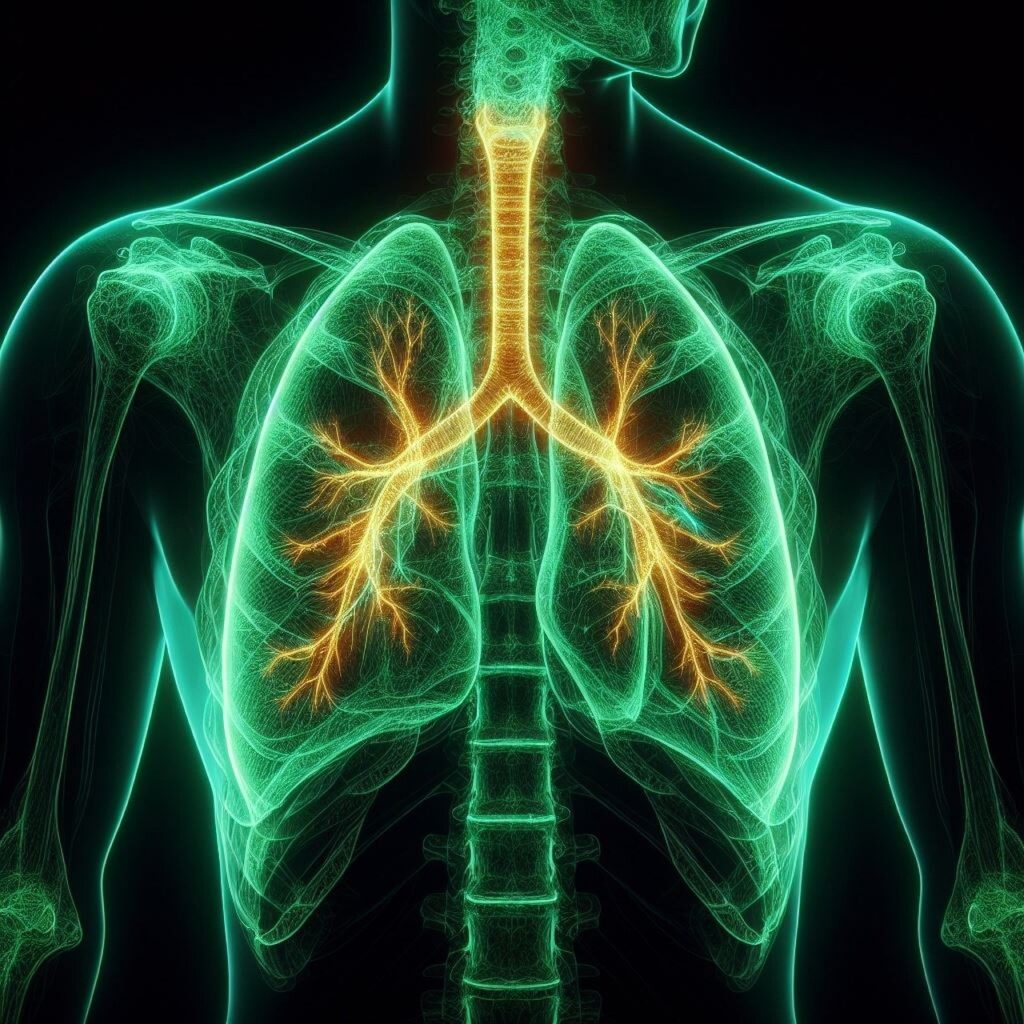If you’re living with a chronic lung condition like COPD or emphysema, you may be interested in natural ways to support your lung health. One promising option is ginger, a common spice with potent anti-inflammatory and antioxidant properties. Let’s explore how ginger may benefit those with long-term lung conditions.
Anti-inflammatory effects
Chronic lung diseases often involve ongoing inflammation in the airways. Ginger contains compounds called gingerols and shogaols that have been shown to reduce inflammation. This may help ease breathing difficulties and improve lung function in conditions like COPD.
Antioxidant properties
Oxidative stress plays a role in lung damage in many chronic respiratory diseases. Ginger’s strong antioxidant effects may help protect lung tissues from further oxidative damage.
Bronchodilation
Some studies suggest ginger may have a mild bronchodilating effect, helping to relax and open up the airways. This could potentially ease breathing for those with COPD or emphysema.
Mucus reduction
Ginger may help reduce excess mucus production in the lungs, a common issue for many with chronic lung conditions. This could lead to easier breathing and fewer complications.
Immune support
Ginger has immune-boosting properties that may help reduce the risk of respiratory infections, which can be particularly dangerous for those with chronic lung diseases.
How to incorporate ginger:
- Add fresh ginger to teas, smoothies, or cooking
- Try ginger supplements (consult your doctor first)
- Use ginger essential oil in a diffuser
While ginger shows promise for supporting lung health, it’s important to note that it shouldn’t replace prescribed treatments. Always consult with your healthcare provider before making changes to your care plan.














